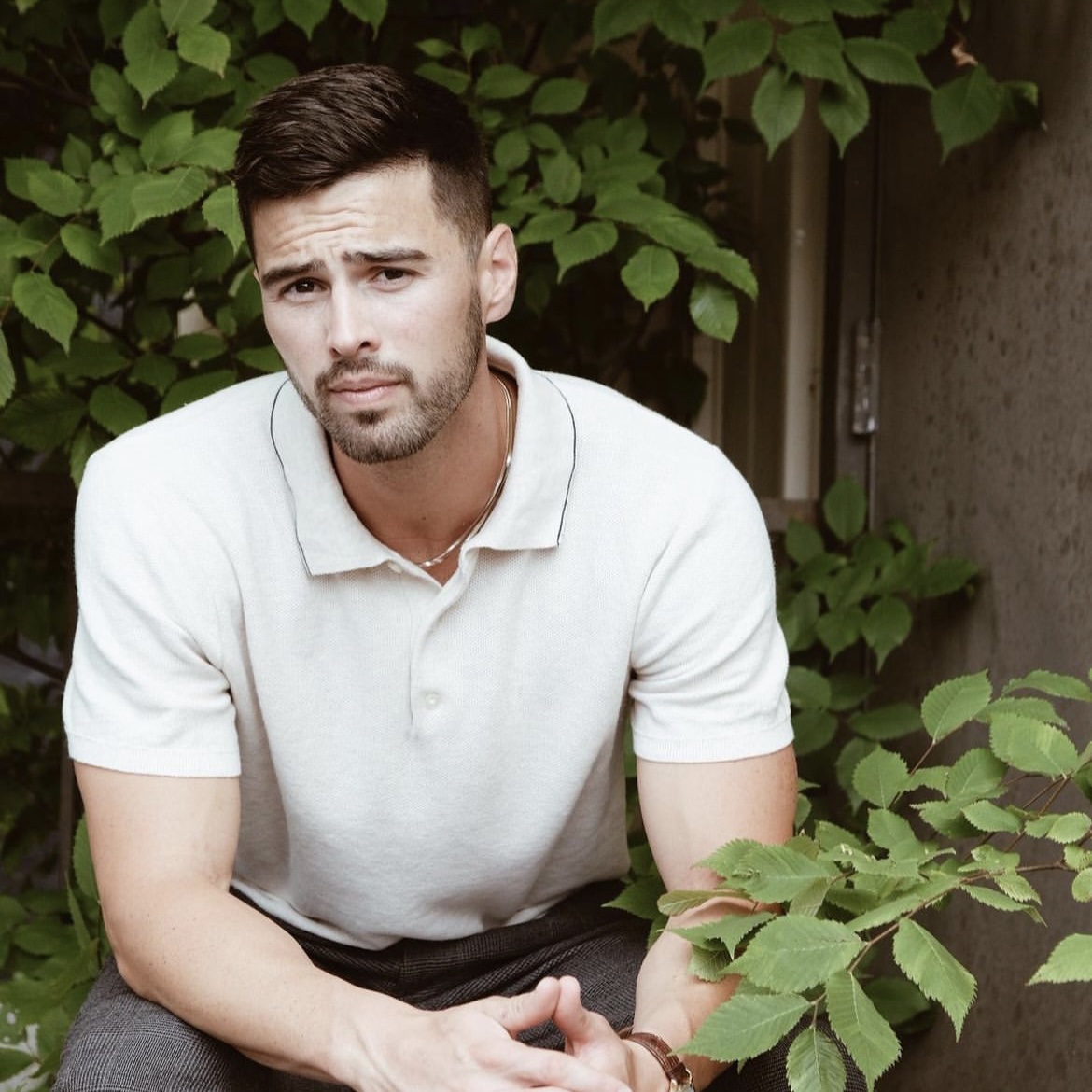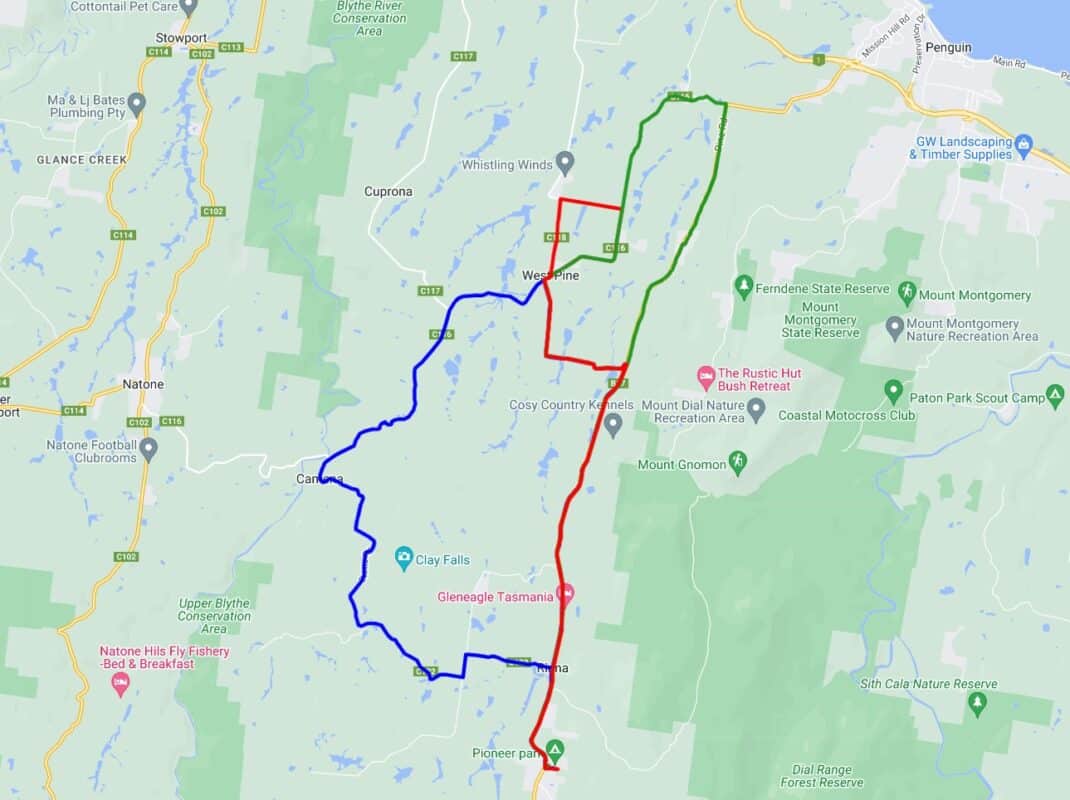Louise Richardson-Self
If you don’t mind irritating them a little bit, you can just continuously ask them why they think the things that they think, or if they can explain in more detail why they’re saying the things that they’re saying. Because sometimes the more explicitly people have to articulate their own presumptions, the greater chance they have of going, oh, hang on, like I’ve just said two things and they don’t make sense together, or, oh, yeah, okay, now that you’ve given me an extra piece of information and I’ve sort of articulated what I thought was going on, now I can see that maybe I was mistaken.
Ryk Goddard
New tricky conversationalist, Nellie Ryan.
Nellie Ryan
I guess a lot of family members I know get really defensive because they don’t understand the ideologies they have. They don’t know how to articulate what they mean because they don’t understand the history behind it. I, obviously, am a comedian, so my best foot forward is just to play dumb and constantly question but obviously cause some conflict in between. At the end of the day, they don’t really want to crack a Christmas cracker with me, but that’s okay. I think it’s just more about saying to them, oh, why do you think that? And then when they come up with an answer, you go, oh, that’s really interesting. I never thought about it like that. Can you tell me more? And then we get to the point where they’re getting defensive and I just go, oh, why are you getting so defensive? Why don’t you just smile more or just get a bit happier?
Ryk Goddard
Tricky conversations. We were looking at dealing with family members with political views that are just shocking to you or maybe abhorrent. The question that was sent to us was quite strong. Racism and white supremacy. These topics divide families and no one teaches us how to have conversations about these topics. After the voice, these topics sit like white elephants within families. So let’s put it in a Tasmanian context, literally the Tasmania. You’ve got someone going, oh, well, they’re not really Aboriginal.
Louise Richardson-Self
Yeah. I mean, so I quite like to talk about all issues surrounding social justice and diversity and race, racism, white supremacy. They can be tricky things to discuss, but I think it’s important to start the conversation by pointing out that racism is larger than white supremacy. White supremacy is something explicit, intentional. It has a very clear ideology and it’s invested in emotionally. Whereas we can do racist things without knowing that we’re doing something racist.
Ryk Goddard
So racism can be casual as it were in a way where white supremacy you would say is very intentional. It’s an important distinction.
Louise Richardson-Self
Yeah, absolutely. And I think if we wrap those two things up together, then if you say, oh, I think the comment that you just made was perhaps a bit racist for this reason. If the person that you’re saying that to is hearing you’re a white supremacist, that’s not going to be a good intro into a discussion that comes to a nice understanding conclusion.
Ryk Goddard
Have you ever persuaded anyone, Nellie,
Nellie Ryan
I find that there’s a family member of mine who, when it comes to Aboriginal people, believe that they can say what they want because they grew up in an area with lots of Aboriginal people and they grew up in a different generation. So they feel like they’re not being racist. It’s very different to white supremacy where it’s, they believe they’re not being racist themselves. And I have to try and explain that I’m from a different generation. And I also, there’s a society now with different views or views that have always been had that have just not been as vocal. And I think it’s just important to, even if a family member is getting defensive, at least let them know my ideas and the ideas that we have now and just impart knowledge, I guess, is what I do.
Louise Richardson-Self
One of the things that I really like to talk to students about is this concept of standpoint theory. And basically what this is in really simplistic terms is the idea that everybody has a sort of social location where they’re sort of primed to notice patterns of behaviour because they encounter them a lot and people like them encounter them a lot. Whereas other people who are situated slightly differently, they’re not primed to see the same things happening over and over again, but they’ll notice different patterns. And so one of the things that we can do is step back and say, okay, if we can acknowledge that there’s such a thing as a standpoint and that you have access to some knowledge because you’ve been observant of more things than I have, whereas I’ve been observant of other things.
Ryk Goddard
So this is a person who goes, I’ve lived in these communities.
Louise Richardson-Self
Sure. Yeah. Then we can say, all right, now let’s say from the perspective of someone who’s different to you, but perhaps grew up in the same geographical location, the same time in history, what kinds of things do they say and how might there be a gap between what you’ve experienced and what they’ve experienced? Yeah.
Ryk Goddard
How do you get people to listen? When you know what they’re saying is just absolutely not true.
Nellie Ryan
Yeah. It’s a really difficult question because if you don’t know how to explain to yourself what you think, then it’s hard to explain to someone else as well. So I think it’s more about being kind and empathetic to the person, but there’s always going to be people that think what you do is too left or too right or too middle left. So I think you just have to find peace with it, don’t you think?
Ryk Goddard
Is the challenge though, if they’ve got the loudest voice in the room and everyone is avoiding conflict, that then their views are never addressed.
Louise Richardson-Self
Absolutely. And I think it’s really challenging to accept the conclusion where you say, okay, can I tell you from my perspective what’s going on here? And you just get shut down, shouted out, and there’s no opportunity for you to speak.
Source: abc.net.au

George Barham, an accomplished journalist and avid gambling enthusiast, serves as the esteemed Editor-in-Chief at fly-to-australia.com, Australia’s leading source for comprehensive gambling news and insights. With an unwavering passion for both the written word and the ever-evolving world of betting and gaming, George brings a wealth of knowledge and expertise to the helm of our editorial team.



